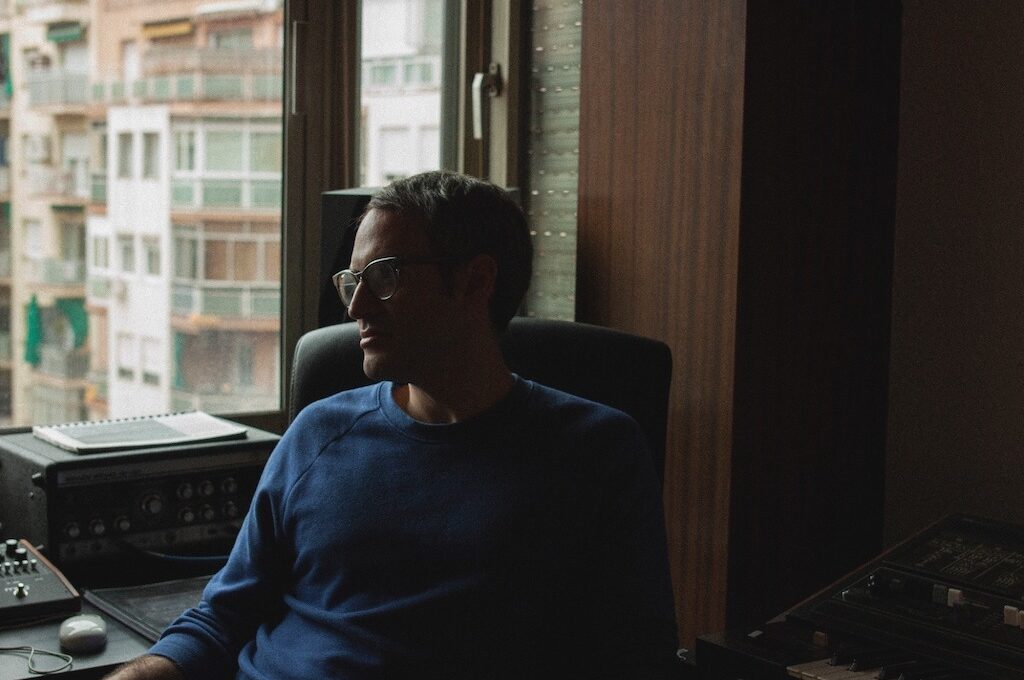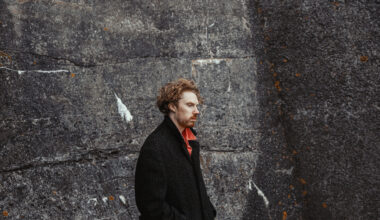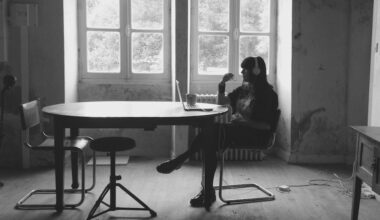Born in Maracaibo, Venezuela, Alexander Molero is no stranger to the exotic idealism that westerners have towards South America. A move to Barcelona a few years ago gave him new notions of how the Amazon was imagined by the west. The inspiration for this record came from the book by Anton Goering “Vom tropischen Tieflande bis zum ewigen Schnee” and was also influenced by the writings of Victor Segalen and the visions of Werner Herzog in “Fitzcarraldo” and “Aguirre”. The way that these artists explored and romanticised ideas of the unknown were the trigger for the creation of the sounds heard in “Ficciones Del Trópico”.
Using a Yamaha CS-60 Synthesizer, Molero creates an enigmatic and utopian voyage inspired by the tropical and exotic desire of European’s first contact with these foreign and unexplored sites. For his first record, he wanted to create soundscapes for the wilderness reminiscent of the European explorers that faced the unknown and beyond of the Amazon forest in the 19th century. Eight pieces, 44 minutes, with titles referencing birds, animals and landscapes that simulate a continuous discovery.
The spirited patterns of the pieces invite you into Molero’s mind and to explore the way his imagination materialises into sound. Developed and recorded during 2017 and 2018, “Ficciones del Trópico” resonates references and soundscapes that Molero has conceptualised over the last decade.
The constant structure and rhythms created a unique – and continuous – sound-aesthetic. Molero’s tropical fiction is like diving into the sea with Jürgen Müller, exploring Alpha Centauri with Tangerine Dream or building new exotica through the lens of Mike Cooper. But this time everything happens in a jungle.
FACTS
1. …
2. we need to hear more.
3. I like to spend time alone
QUESTIONS
1. What is the biggest inspiration for your music?
What inspires me is recreating things from the world in my imagination. This can come from books, movies, or nature, images or sensations that stick with me. I try to represent these images or sensations through pieces of sound.
2. How and when did you get into making music?
In primary school when I learned to play the “cuatro”, a typical folk instrument from Venezuela. After that, in secondary school, I got interested in the electric bass, also an instrument with four strings.
3. What are 5 of your favourite albums of all time?
It is hard to narrow down to five albums, but these ones come to mind:
Mamman sani – La musique eléctronique du niger
Willie Colon & Hector Lavoe – Déjà vu
The Soft machine – The Soft machine
Can – Edge Bamyasi
The residents – Meet the residents
4. What do you associate with Berlin?
Beautiful parks, crows, a lot of information on the cultural level and a place that has generated a great part of the music I listen to.
5. What’s your favourite place in your town?
In the studio where I currently live. I am lucky to be next to the forest, which is a place that gives me a lot of tranquility.
6. If there was no music in the world, what would you do instead?
Right now I cannot imagine a world where nothing makes sound. Maybe I would be an ethnographer, a biologist. Surely I would dedicate myself to reading or watching silent films.
7. What was the last record/music you bought?
Currently, I am not buying many records, but the last thing I bought was one of traditional Egyptian music as a gift to a friend.
8. Who would you most like to collaborate with?
I would like to collaborate with Terry Riley.
9. What was your best gig (as performer or spectator)?
As a spectator the concert of Leonard Cohen in the Palau Sant Jordi in Barcelona, which was very moving.
As a performer I have barely had gigs. It has been a long time ago when I was an adolescent and played a concert in Maracaibo, in a place called the posada el Caiman, we had a great time, especially when the police did not come to close the place down.
10. How important is technology to your creative process?
It can be hard, especially when I have to renew computers and software, and maintain my analogue equipment. However, it allows me to do what I do. Technology is important in my project.
11. Do you have siblings and how do they feel about your career/art?
I have four siblings. They are happy to see that I am doing what I like, even though we have different taste, they told me they like my project. The most important support I received is from my daughter, without her confidence nothing of this would be the same.
Photo © Vanessa Martins
holuzam.bandcamp.com/album/ficciones-del-tr-pico


